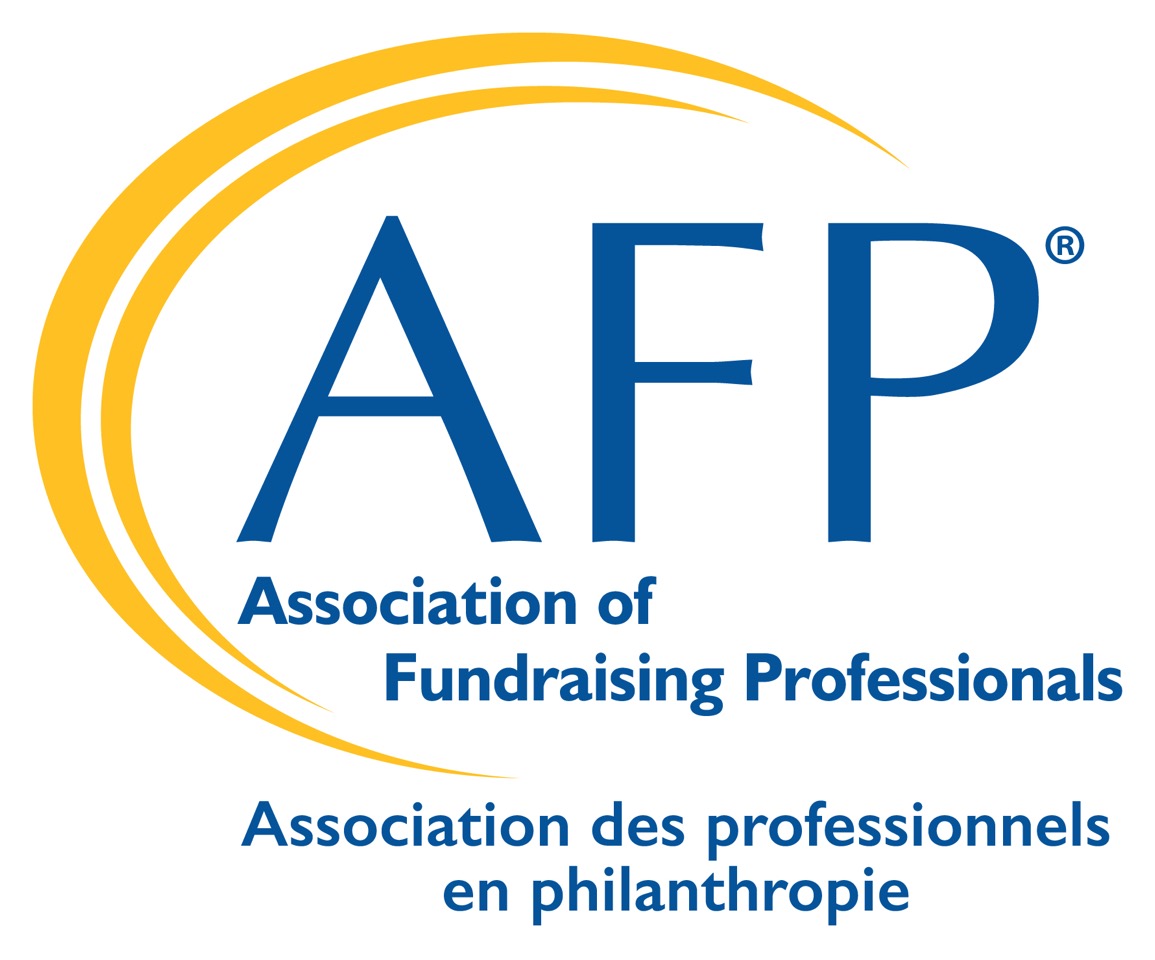Calgary Chapter Issues Report on Addressing Opportunity Gaps in the Profession

More than 70 fundraisers from Western Canada and the U.S. Pacific Northwest gathered at the bi-annual Banff Compass conference on April 29 in a plenary workshop to tackle how the “fundraising profession does not reflect the demographics of communities and donors.”
Billed as an opportunity to “co-design solutions,” the #solveathon workshop event was hosted by the AFP Calgary and Area Chapter, which teamed up with Women’s Work Institute, the creator of the #solveathon methodology. The result of the #solveathon workshop was a report that gathered and highlighted many of the key ideas that were discussed.
The AFP in Canada 2018—2020 Strategic Plan has identified the “promotion of inclusion, diversity, equity and access (IDEA)” as a strategic priority for the organization and charged local chapters with making the priority “real in their own contexts.”
Taryn Gold, AFP’s vice president of chapter engagement, said the #solveathon “fits nicely with AFP’s goals around Inclusion, Diversity, Equity & Access. IDEA is not only part of our strategic plan on paper, but it also is a huge part of what AFP is trying to do every day in our work and incorporate in all aspects of the organization.”
Melody Song, CFRE, chair of IDEA for the AFP Calgary and Area Chapter and facilitator of the initiative, says the chapter championed the #solveathon methodology as a way to look deeper into IDEA-related issues and different ways that they can be tackled through various actions.
“I felt, as one of the few diverse people in my chapter, that it was up to me to promote the conversation,” said Melody. “Many of today’s disruptions and changes are rooted in the fundraising eco-system designed around white male philanthropists. As power and wealth shift, diversity is not just about having someone from a diverse culture sitting on a committee, board, conference panel or program. Diversity is about fundamentally changing our practices. When I worked at the Calgary Zoo, we had the panda exhibit and tried to reach out to the Chinese international community, and it was clear the donor community has changed.”
Prior to the plenary workshop, the organizing committee surveyed the prospective conference delegates and learned that 44% felt the profession is not addressing the challenges effectively; 72% saw a link between the failure to address the IDEA challenge and the most significant business challenges faced by fundraising professionals.
This sector is facing significant changes,” said one respondent. “In order for fundraisers to thrive as we face the challenges ahead, we will need people with different backgrounds, experience and identities bringing their best ideas to the table. We will have a greater chance of success if we can work together toward common goals.
“We are incredibly proud of all the participants in the workshop,” says Melody. “A lot of people were new to the method of co-creating because we are so used to having someone deliver a lecture in front of the room and then asking questions. The #solveathon method is much more participatory and provides data-driven insight in a meaningful way.”
From a global perspective, there are a number of IDEA activities happening around the world, including AFP’s Women’s Impact Initiative (WII), supported by DonorPerfect as a partner.
“Through this program, we’re assessing, addressing and highlighting the issues and challenges women in the fundraising profession face,” she says. WII launched in early 2018 with a ground-breaking survey of sexual harassment in the profession. The survey, conducted in partnership with the Chronicle of Philanthropy, found that a quarter of female fundraisers have experienced sexual harassment. WII also conducted a five-year pay equity trend analysis and found that, holding for all other factors, female fundraisers makes ten percent less than their male colleagues.
“We also are promoting inclusivity and accessibility by providing members with a digital knowledge hub to provide education,” Taryn says. “We’re slowly working on translating important copy to French and Spanish and developing high accessibility low-cost training for young professionals in 2020.”
On the local level, the methodology that the Calgary Chapter used in the #solveathon approach provided a forum for AFP members to talk specifically about their experiences.
In my region and community, I am the only fundraising professional of colour. I have faced discrimination by potential donors because of the colour of my skin, said one respondent in a pre-workshop survey.
“As Canada’s population diversifies, it’s our responsibility to reflect diversity or risk losing the trust of our communities,” states Melody. “To succeed, we will need to invest and share time and social resources. If we can become more diverse and inclusive, we will ultimately broaden outreach and increase our impact by bringing communities of practice, philanthropists, clients and patrons together.”
“It’s our responsibility, as fundraisers, to promote unity,” continued Melody. “In order to meet the need of current and future generations, we need to thread together as beautiful and diverse a human tapestry as possible, strengthen our resolve, and collaborate in radical new ways.”
The AFP Calgary and Area Chapter #solveathon was broadcast via Facebook Live with the generous support of the AFP Foundation for Philanthropy Canada.
You can download the Calgary and Area Chapter’s full #solveathon report here.
